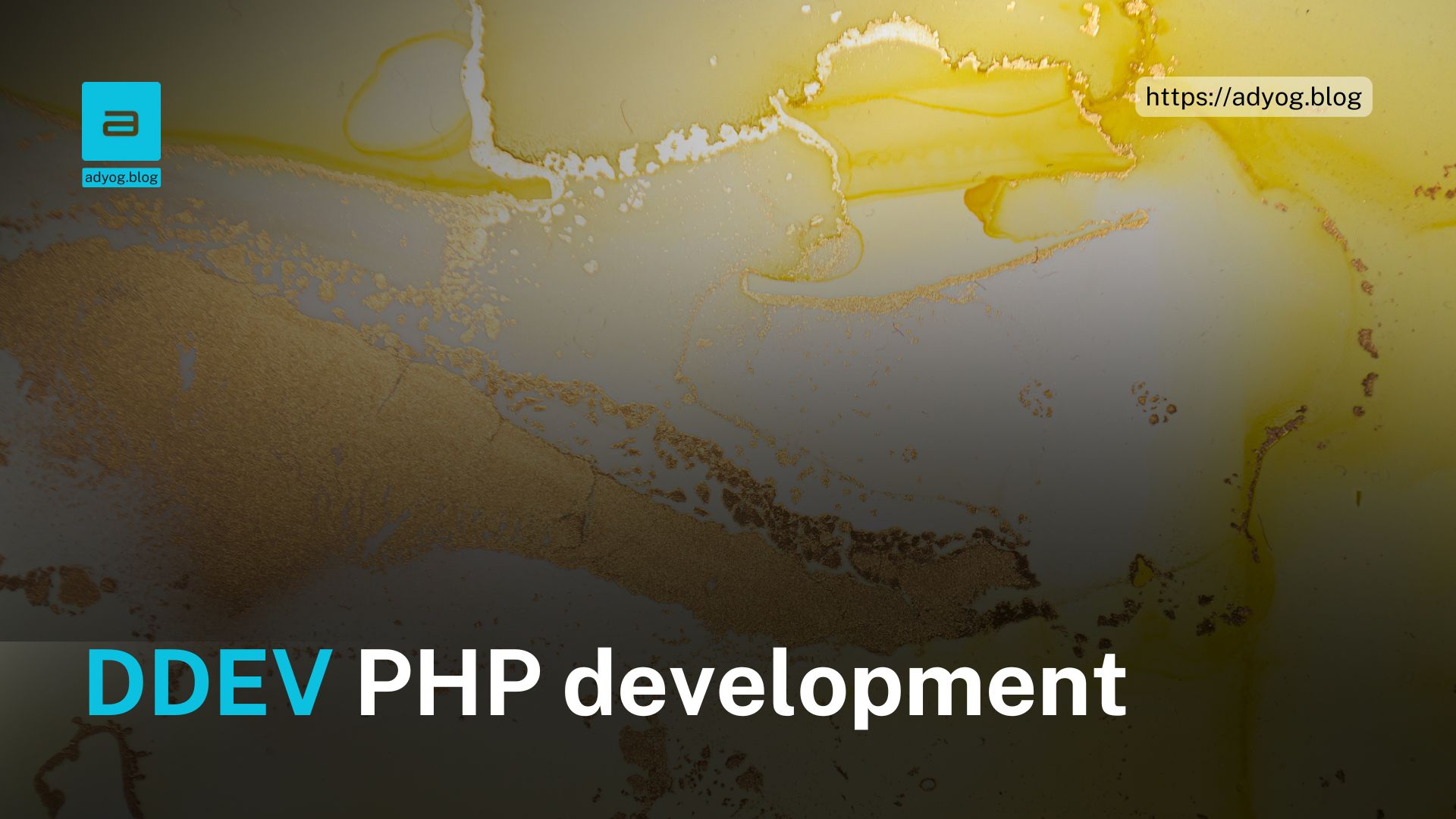Managing consistent local environments for PHP development has always been a challenge. Tools like Docker offer flexibility but often come with a steep learning curve. DDEV PHP development simplifies this process by providing preconfigured, Docker-based environments tailored for popular CMS like Drupal, WordPress, and frameworks like Laravel. This article explores how DDEV can revolutionize your development workflow with faster setups, enhanced productivity, and consistent team environments.
What is DDEV?
DDEV is a Docker-based local development tool designed for PHP developers. It abstracts Docker’s complexities by providing prebuilt, CMS-specific configurations and user-friendly commands. With support for platforms like Drupal, WordPress, TYPO3, Symfony, Magento, and Laravel, DDEV ensures a consistent and streamlined development workflow.
Core Features of DDEV
DDEV offers several features that make it an indispensable tool for PHP developers:
- Cross-Platform Support:
- Runs seamlessly on macOS (including Apple Silicon), Windows, and Linux.
- Preconfigured Environments:
- Built-in support for popular CMS like Drupal, WordPress, and TYPO3.
- Supports PHP frameworks like Symfony, Laravel, and custom PHP projects.
- Extensibility:
- Easily add Redis, Solr, phpMyAdmin, and other tools using DDEV’s extensible add-ons.
- Simplified Commands:
- Intuitive commands like
ddev start,ddev ssh, andddev composerreplace complex Docker workflows.
- Intuitive commands like
- Custom Configurations:
- Developers can tweak PHP versions, databases, and other settings to match project requirements.
- Community and Open Source:
- DDEV is actively maintained, with a vibrant community contributing add-ons and improvements.
Setting Up DDEV
Prerequisites
Before installing DDEV, ensure the following:
- Docker: Installed and running on your system.
- Docker Compose: Included with most Docker installations.
Installation Steps
Install DDEV:
macOS:
brew install ddev/ddev/ddevWindows: Download the installer from the DDEV website.
Linux:
curl -fsSL https://apt.fury.io/ddev/ddev.gpg | sudo apt-key add -
sudo apt-add-repository "deb [arch=amd64] https://apt.fury.io/ddev/ stable main"
sudo apt update
sudo apt install ddevInitialize a Project: ddev config Follow the interactive prompts to configure the project type (e.g., Drupal, WordPress, Laravel).
Start the Project: ddev start
Access Your Environment: Use ddev describe to get URLs and project details.
Time-Saving Example
A traditional manual setup for a Drupal project involves:
- Installing PHP, MySQL, and Apache/Nginx.
- Configuring virtual hosts and database users.
With DDEV, all of this is automated, reducing setup time from hours to minutes.
Benefits of Using DDEV
- Consistency Across Teams:
- Ensures all team members work in identical environments, eliminating the “it works on my machine” problem.
- Time-Saving:
- Preconfigured environments reduce setup time significantly.
- Productivity Boost:
- Simplified commands streamline development tasks, such as running Composer or accessing the database.
- Scalability:
- Works for both small freelance projects and large enterprise teams.
DDEV vs Docker: A Comparison
| Feature | DDEV | Docker |
|---|---|---|
| Ease of Use | Preconfigured for PHP workflows. | Requires manual configuration. |
| Target Audience | PHP developers (Drupal, WordPress, Laravel, Symfony, Magento). | General-purpose containerization for all languages. |
| Setup Time | Minimal; ready-to-use with a single command. | Requires Dockerfile and custom setup. |
| Command Simplicity | High; single commands for complex tasks. | Manual CLI commands with custom scripts. |
| Learning Curve | Beginner-friendly. | Moderate to steep for newcomers. |
| Flexibility | Focused on PHP development. | Supports diverse stacks and environments. |
Use Cases
- CMS Development:
- Preconfigured environments for Drupal, WordPress, TYPO3, and Magento.
- Framework-Based Development:
- Simplifies setup for Laravel, Symfony, or other PHP frameworks.
- Custom PHP Applications:
- Suitable for bespoke PHP projects, not just CMS.
Alternatives to DDEV
- Lando: Similar to DDEV, with CMS-specific workflows and broader platform support.
- Docker Compose: Offers flexibility but requires manual configuration.
- Valet: Lightweight tool for macOS developers, though lacking containerization.
Community and Popularity
- Active Community:
- Over 13,600 weekly active users (as of 2024).
- Wide Adoption:
- Particularly popular in the Drupal and WordPress ecosystems.
- Open Source Contributions:
- Developers can contribute to DDEV on GitHub.
Conclusion
DDEV bridges the gap between Docker’s powerful containerization and PHP developers’ need for simplicity and consistency. By providing preconfigured environments, intuitive commands, and cross-platform support, DDEV empowers teams to focus on development rather than setup.
Whether you’re a solo developer working on a Laravel app or part of a large team managing Drupal projects, DDEV simplifies workflows and boosts productivity. If you haven’t tried DDEV yet, now is the time.
- Get Started with DDEV: Download and explore DDEV.
- Join the Community: Contribute or seek help on GitHub.
- Explore Alternatives: Compare DDEV with tools like Lando or Docker Compose to find the best fit for your projects.

Leave a Reply